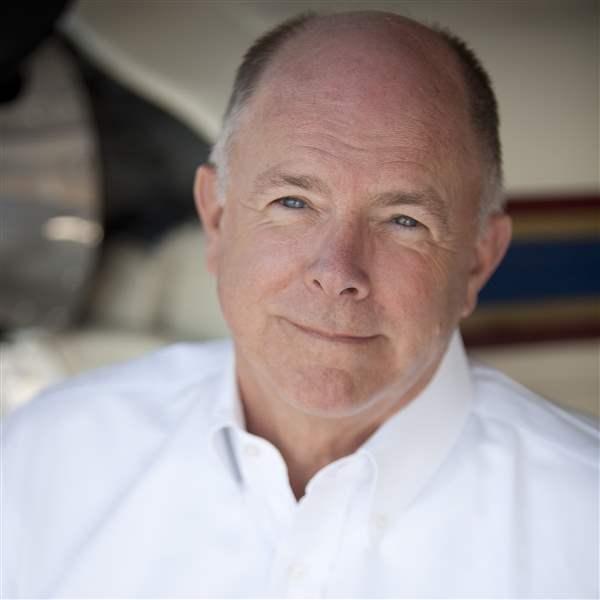Bye seeking lithium-sulfur power
A new element has crept into the general aviation battery chemistry race. A little brimstone (mixed with lithium) may fire up your future flyer.

Bye Aerospace, the Denver-based firm certifying the two-seat, $349,000 eFlyer 2 electrically powered trainer, announced it is working with English firm OXIS Energy to develop lithium-sulfur (Li-S) battery cells. The collaboration is aimed at developing battery packs for Bye’s next design—the eFlyer 4, an electrically powered four-seater with a projected entry into service in 2022. The eFlyer 4 will be a 14 CFR Part 23, IFR-capable airplane, according to the company.
With an anticipated maximum gross weight of 2,700 pounds, the eFlyer 4’s design objectives include a maximum cruise speed of 165 knots and a flight endurance of 4.2 hours. Initially, the airplane was to have been powered by lithium-ion batteries and an electric motor rated at 105 Kw (about 140 horsepower). The interest in Li-S batteries is apparently aimed at preserving those performance objectives.
By comparison, the eFlyer 2 prototype currently has an EP Systems lithium-ion battery pack with an energy density of 260 Wh/kg.
George Bye, CEO of Bye Aerospace, said that the OXIS cells “have the potential to greatly enhance the quality, cost and performance of eFlyer 4 and our other future aircraft projects,” and that “our collaboration with OXIS is separate from the current eFlyer 2 agreements and intentions.”
OXIS says that its Li-S batteries have exemplary damage tolerance and cycle life. The company claims it is aiming for a 500-cycle battery life and says one of its fully charged cells was shot from a distance of 10 meters by a 5.6-millimeter bullet. There was no fire or temperature variation and the cell kept operating, although at a reduced capacity, OXIS reported.



